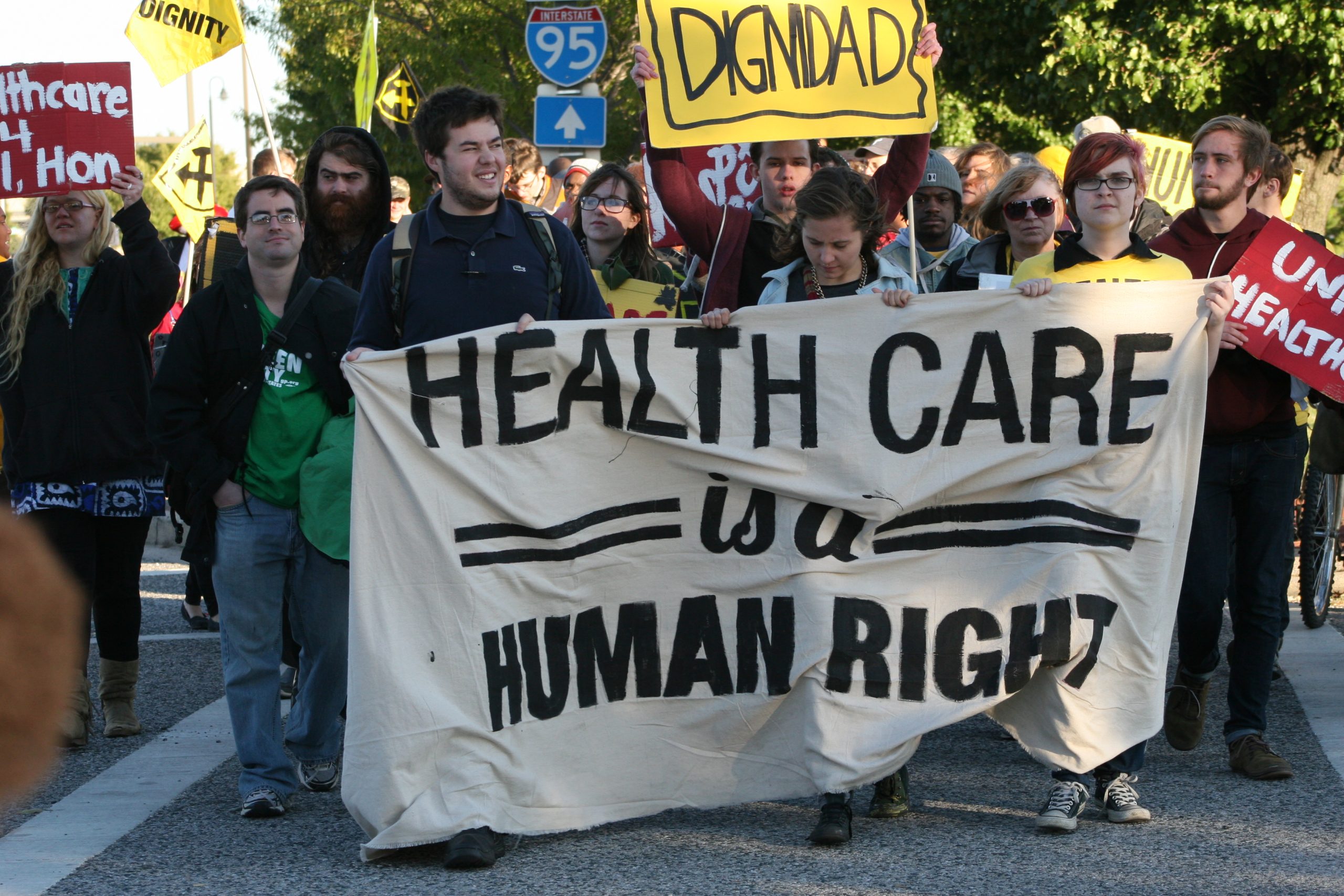
Immigration and healthcare are both major political issues: policies made about these issues have profound impacts on people’s lives. This is especially true for agricultural workers. According to the US Department of Agriculture, about half of the nation’s farmworkers are immigrants. This work is essential to making sure that we have food on our tables. Even in the best of times, farm work is a dangerous business. The COVID-19 pandemic has made this situation even worse. According to one study, farmworkers faced 4 times the risk of getting COVID as most people.
New research by Rebecca A. Schut and Courtney E. Boen examined the influence of state immigration policy on agricultural workers’ healthcare use. They also compared healthcare usage across various categories, such as race and legal immigration status. Examples of immigration policies that differ across states include to what extent immigrants have access to Medicaid and whether undocumented immigrants can get driver’s licenses.
Overall, Schut and Boen found that white people who did not identify as Latinx (the term used in the paper) and were born in the US used healthcare more often and reported the fewest barriers to care. Differences in state immigration policies, however, had a big impact on the healthcare usage of non-white Latinx agricultural workers with legal immigration status. In states with more restrictive immigration policies, these groups reported less healthcare use and more barriers to seeking care.Some examples of barriers to care include not having transportation or money, fearing job consequences if they took time off, believing providers didn’t understand their needs, and not feeling welcome to get care. By contrast, state policies had little effect on the healthcare usage of undocumented workers.
Although undocumented workers did report more barriers, including xenophobia, in states with more restrictive policies, their overall levels of healthcare usage didn’t change significantly. The researchers say that this could be because, due to surveillance and discrimination, undocumented people are already unlikely to use healthcare or other social services, instead relying on their social networks.
The authors argue that while these restrictive policies often target the undocumented, they also affect legal immigrants. In part, this is because they might reinforce stereotypes which associate undocumented legal status with non-white, Latinx immigrant farmworkers for whom English is not their first language. Essentially, Schut and Boen argue, Latinx people who were born in the US or have legal documentation may be “lumped in” with undocumented people thanks to these stereotypes.
If we want to reduce health disparities, the researchers argue, we need to look at the unintended consequences of non-health related government policies on people’s healthcare usage–especially in the case of restrictive policies that have nativist origins and racialized implications.

Comments